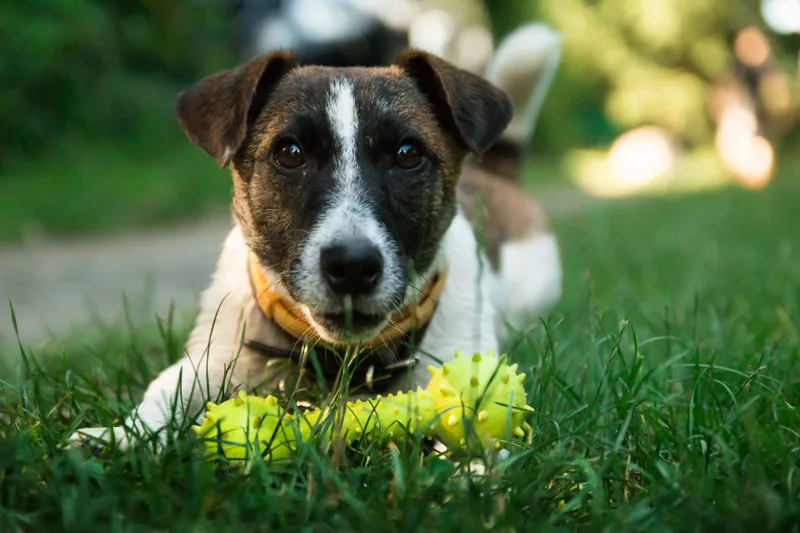
It’s important to maintain healthy cognitive function in pets to help support memory and learning abilities.
Old age is inevitable and some degree of age-related neuro-degeneration could happen along the way, which is why early supplementation can be beneficial. Maintaining healthy cognitive function in pets is extremely important, as it can help to support memory and learning abilities and ultimately a pet’s quality of life.
There are common signs of reduced cognitive function to look out for in your pet, which include, disorientation, decreased activity and loss of prior house training.
To help maintain cognitive function in pets, there are some positive things that you can do, which include:
Monitor their weight
Keep your pet at a healthy size. Overweight dogs and cats require increased support for healthy cognitive function in pets.
Exercise
Keep your pet’s body and mind active. Regular exercise, which is appropriate for your pet’s age and physical condition, can help to keep their mind and body healthy. Use games that exercise your pet’s mind as well as their legs.
Retrain your dog
This can be done using the same techniques as with puppy training. For problematic behaviour issues, consult your vet first.
Positive reinforcement
Behaviour training should include treats and praise. Don’t shout at your pet for bad behaviour, they don’t know they should not do something until they are told.
Treat-release toys
These can be beneficial for mental stimulation and to keep your dog active. Hiding your pet’s treats in toys and throughout the house will help to keep their mind stimulated and active.
Socialise your pet
Allow your dog to socialise with other pets and people. Take your dog to socialisation classes to learn how to behave around people and other dogs.
Be creative
Think of innovative ways to enrich your pet’s indoor environment. For cats you can provide them with scratch posts and climbing spaces. Provide your dog or cat with toys to keep them occupied and rotate them to help maintain their interest.
Consider using Nutramind
Do this as early as possible to help to maintain optimum brain function. Nutramind has a unique formula, which is specifically developed to maintain optimum brain function.
Feed them right
A proper diet will help your pet to have an optimal life. Make sure that the food you are giving your pet contains the essential vitamins and nutrients that they need as they age.
Omega-3s
Omega-3s have been shown to aid learning abilities in young puppies. Other studies linked low blood Omega-3 with dog aggression, which indicates beneficial applications of Omega-3’s throughout your pet’s life to help maintain brain health.
Ask your vet about Nutramind and how it can help to naturally maintain healthy brain function for your pet. Nutramind has been developed by vets to provide high strength nutritional support for healthy brain function in dogs and cats. It includes key nutrients for supporting cognitive function in ageing pets, whilst benefiting younger pets in training and learning.

